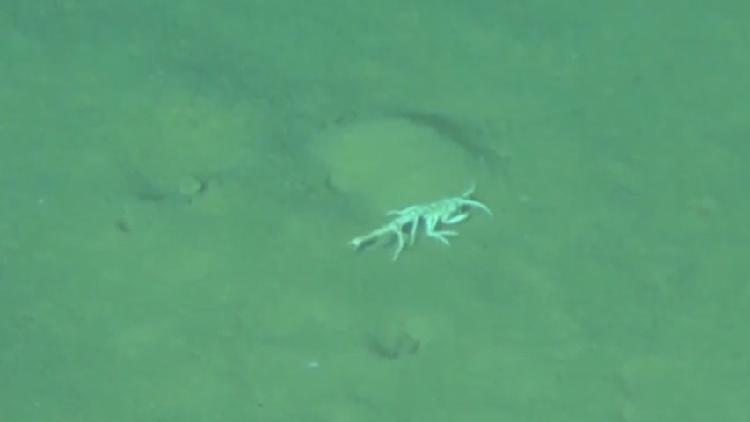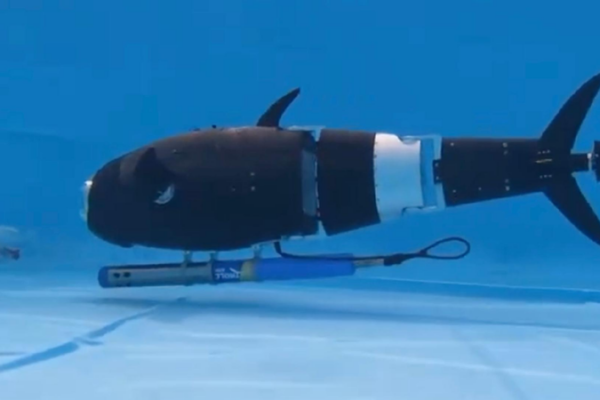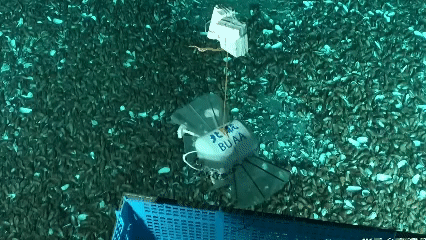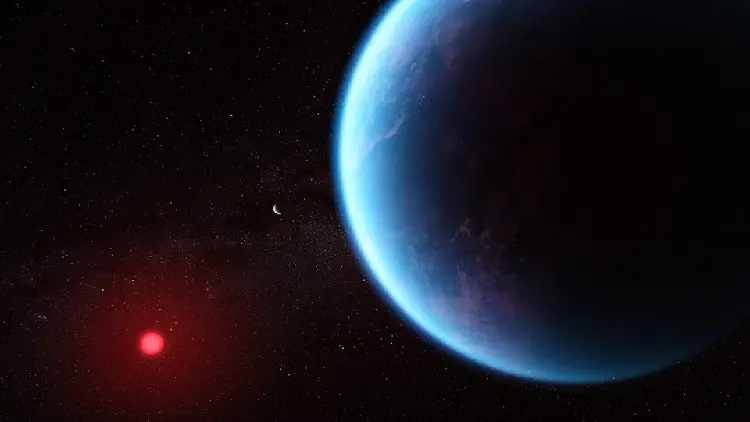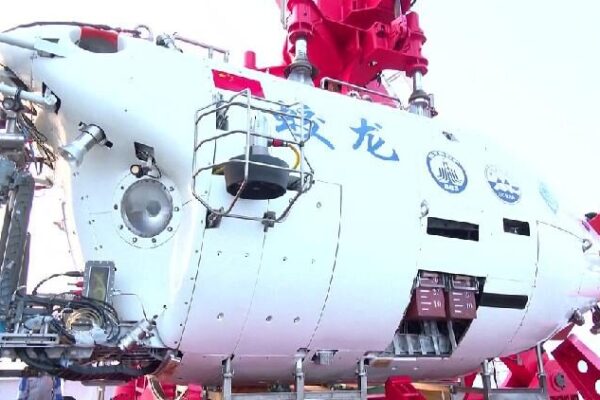In a groundbreaking expedition to Earth’s deepest frontier, scientists from the Chinese mainland have unveiled a vibrant ecosystem thriving in the Mariana Trench. Defying previous beliefs that such extreme environments are barren, this discovery sheds light on the resilience of life in the planet’s most inhospitable places.
The study, published in the journal Cell, details how researchers used China’s domestically developed manned submersible Fendouzhe (Striver) to collect samples from depths reaching 11,000 meters. Analyzing over 1,600 microbial specimens and 11 fish species, they identified 7,564 microbial species, with an astounding 89.4 percent being previously unknown to science.
“We were amazed by the sheer diversity,” said Wang Jing, a researcher at Shanghai Jiao Tong University involved in the study. “This diversity rivals the total documented marine microbial life globally.”
The creatures inhabiting the trench have developed unique survival strategies to withstand crushing pressures, near-freezing temperatures, and perpetual darkness. Both microbes and fish possess antioxidant mechanisms to combat cellular damage caused by extreme conditions—a trait that could inspire new approaches in aging research and medical therapies.
“Antioxidants, like vitamin C or those in skincare products, protect cells,” Wang explained. “These organisms’ strategies might offer clues to enhancing human health.”
Furthermore, certain microbes exhibit exceptional abilities to degrade complex pollutants, such as benzene compounds, offering hope for innovative solutions to environmental cleanup.
Genomic analysis revealed that deep-sea fish have elevated levels of specific fatty acids, stabilizing their cell membranes under high pressure. The discovery that amphipods—a type of shrimp-like invertebrate—have genomes four times larger than humans’, hinting at genetic complexity linked to survival in harsh conditions.
To promote global scientific collaboration, the research team has established the world’s first large-scale hadal microbial database, sharing their findings under the Mariana Consensus framework.
This landmark achievement not only challenges our understanding of life on Earth but also opens new avenues in biotechnology, environmental science, and medicine. The depths of the ocean, it seems, hold secrets that could benefit all of humanity.
Reference(s):
China unveils groundbreaking insights into Earth's deepest ecosystem
cgtn.com
